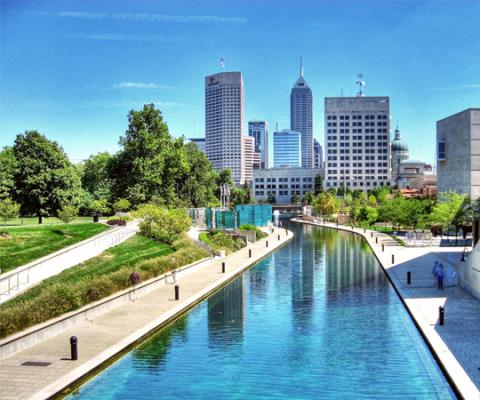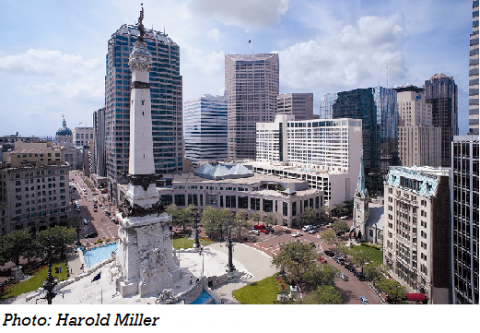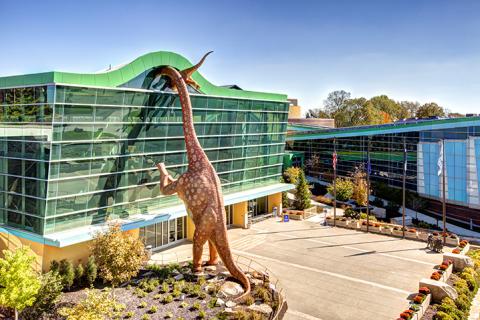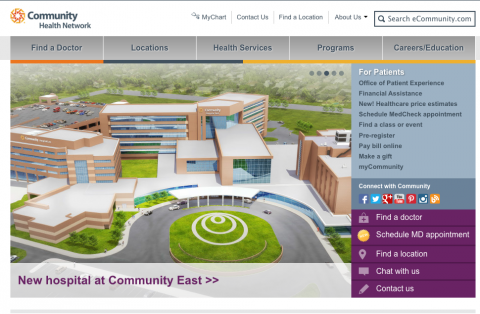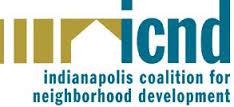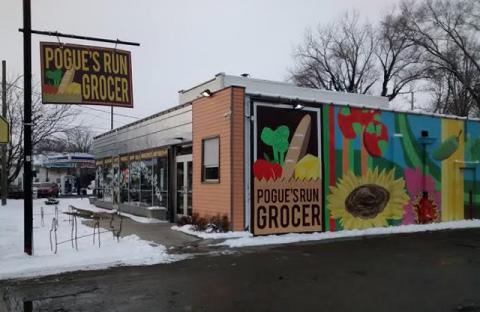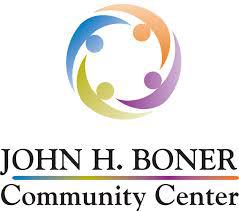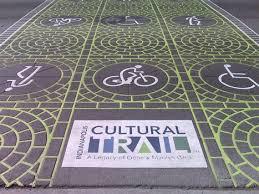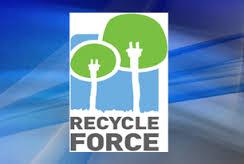Posted May 2015
The largest city in Indiana, and the 12th largest in the nation, Indianapolis has a population of nearly 843,400, according to 2013 U.S. Census estimates. Demographically, the population is roughly 62 percent white, 27 percent African American, 9 percent Latino, and 2 percent Asian.
Selected in 1820 as Indiana’s capital because of its central location, Indianapolis quickly grew throughout the first half of the 20th century due to its expansive network of roads and railways. It became an automobile manufacturing center, rivaling Detroit, and a major hub of regional transport.
Similar to other industrial cities, Indianapolis experienced industrial loss and suburbanization through the second half of the twentieth century, while the central city suffered. Population statistics, however, mask these trends, as in 1970 the governments of the city and most of surrounding Marion County consolidated—the resulting entity, coined “Unigov,” enlarged the city's population by nearly 270,000 residents. While population fell six percent in the decade following Unigov’s creation—a loss of over 40,000 people—city population has since recovered. Unlike most Midwest cities, Indianapolis enjoys a higher population today than at any time in its history. The incorporation of some suburban areas into the city has also eased the financial challenges that many other former manufacturing hubs have faced.
Still, Indianapolis faces serious challenges. According to a 2014 Brookings Institute study, the Indianapolis metropolitan area has one of the fastest growing poverty rates in the nation. People of color are disproportionally affected—while white residents face a poverty rate of 14 percent, African Americans face a 31 percent rate, and Hispanics face a 42 percent rate. With a black-white dissimilarly score of 64.5, Indianapolis is also considered one of the most segregated cities in the country, resulting in neighborhoods with high concentrations of poverty and related challenges.
Fortunately, Indianapolis is home to many community wealth building organizations and initiatives. For example, Southeast Neighborhood Development (SEND) has invested more than $35 million in Indianapolis' southeast neighborhood since 1991, enabling the community development corporation to support the repair, renovation and restoration of hundreds of homes. In addition, SEND has helped create or improve several parks, and has provided hundreds of youth with job training opportunities. Similarly, aiming to increase affordable and sustainable housing opportunities and catalyze neighborhood development, in 2012 the Indianapolis Neighborhood Housing Partnership (INHP) invested in or leveraged more than $22 million in mortgage financing and graduated over 3,000 people from its financial and homeownership classes. Working primarily with minority populations, Indianapolis’ Business Ownership Initiative (BOI) offers free one-on-one business coaching, access to financing, business workshops, and online courses—counseling nearly 450 people, and training more than 400 people in 2012 alone.
The city’s largest public university, IUPUI (Indiana University Purdue University Indianapolis) has been a national leading in adopting an anchor mission to its work, helping to consistently support community economic development for the past two decades. The Great Indy Neighborhoods Initiative mobilized over 300 residents in six neighborhoods in 2008 to create quality-of-life plans that address a range of issues, including housing, public safety, economic development, health, education, civic and youth engagement, and the quality of the built environment.
A review of these and other community wealth building efforts follows:
